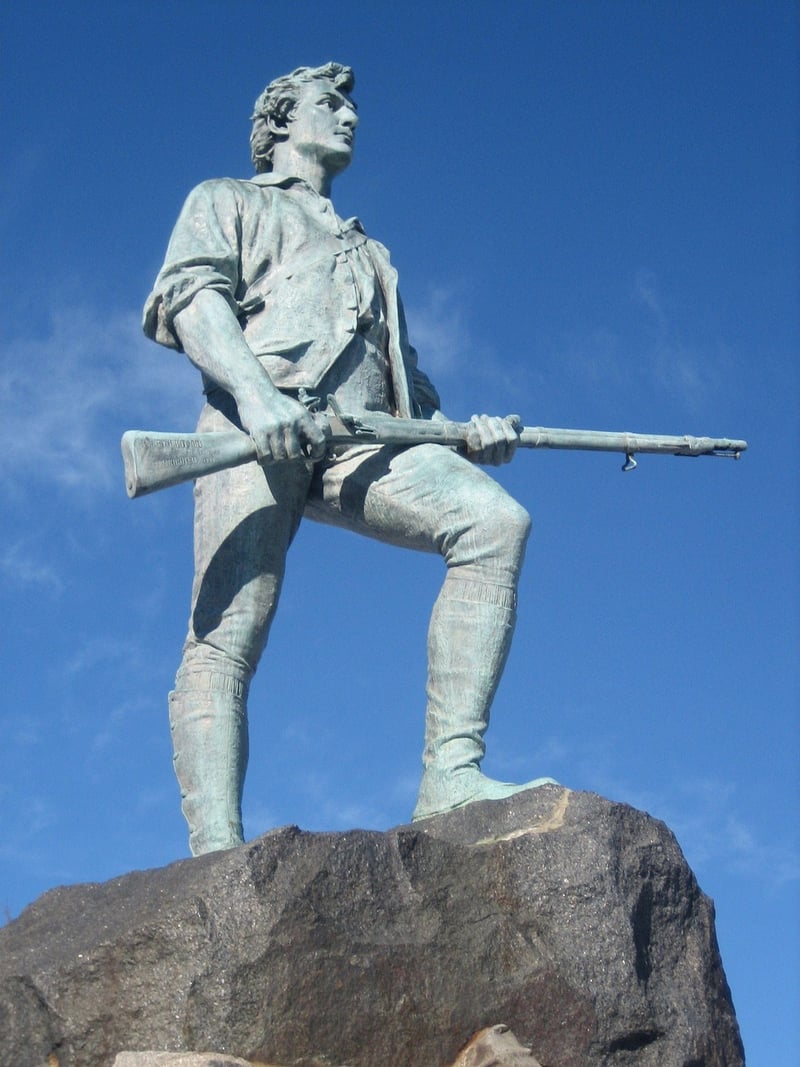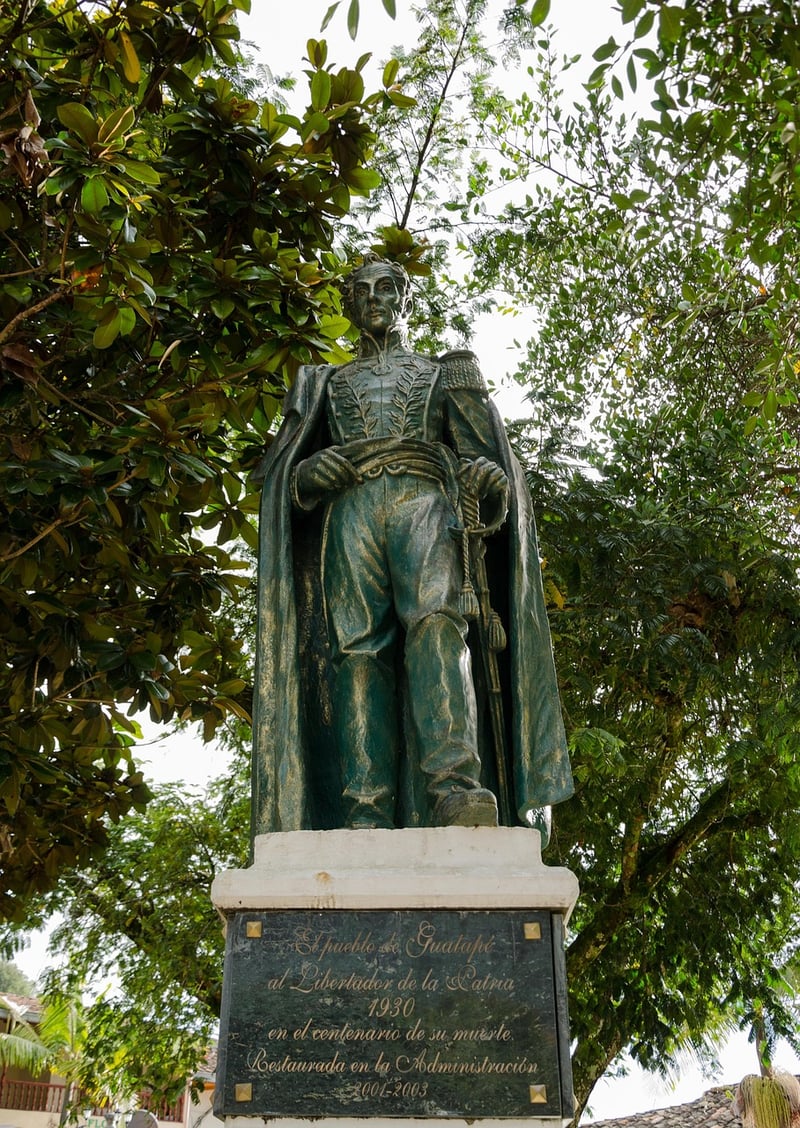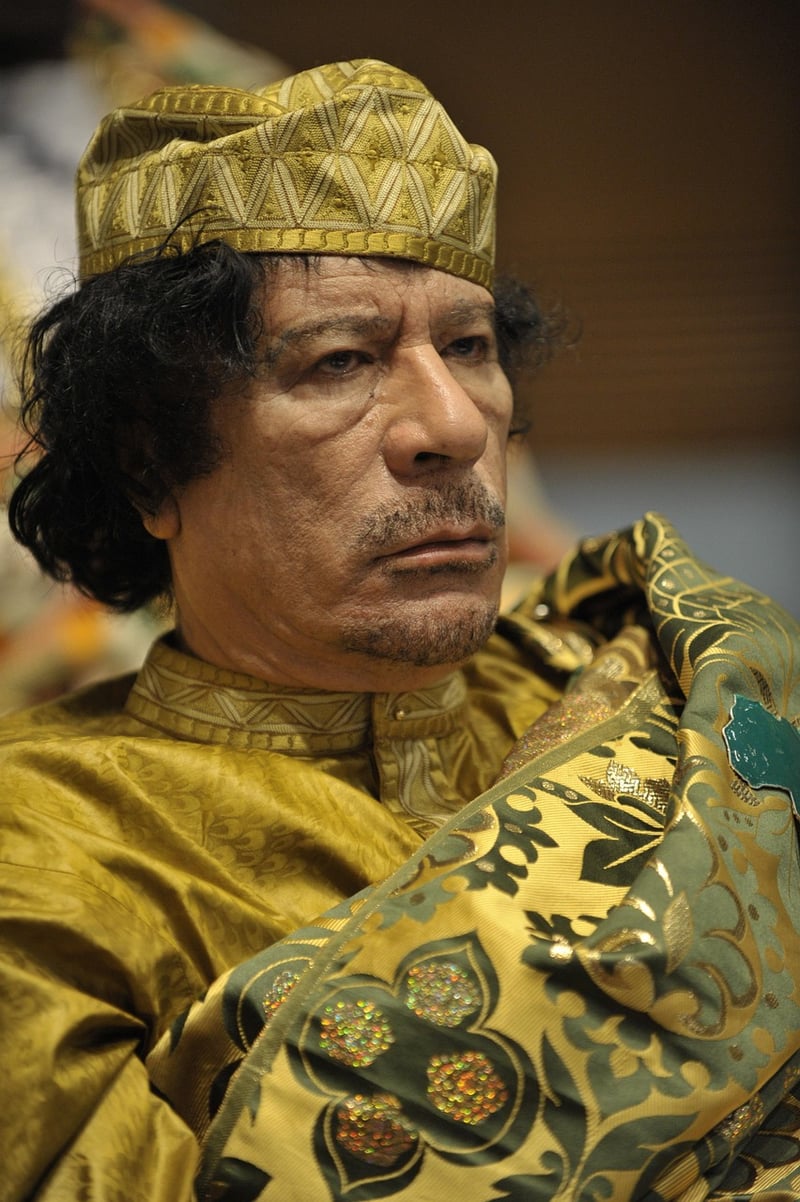Revolutionary Era
Exploring Different Epochs: The Revolutionary Era
The Revolutionary Era Overview
The Revolutionary Era, also known as the Age of Revolution, refers to a period of significant social, political, and cultural upheaval that occurred in various parts of the world. This era was marked by revolutions and independence movements that aimed to challenge existing power structures and establish new forms of governance.
Key Events and Movements
Some of the key events and movements of the Revolutionary Era include:
- The American Revolution (1765-1783)
- The French Revolution (1789-1799)
- The Haitian Revolution (1791-1804)
- The Latin American Wars of Independence (early 19th century)
The Impact of the Revolutionary Era
The Revolutionary Era had a profound impact on the course of history, leading to the establishment of new nations, the rise of democratic ideals, and the questioning of traditional authority. It inspired movements for freedom, equality, and human rights that continue to resonate today.
Revolutionary Leaders
Some notable leaders of the Revolutionary Era include:
- George Washington (American Revolution)
- Napoleon Bonaparte (French Revolution)
- Toussaint Louverture (Haitian Revolution)
- Simón Bolívar (Latin American Wars of Independence)
Legacy of the Revolutionary Era
The legacy of the Revolutionary Era can be seen in the principles of democracy, liberty, and equality that have shaped modern societies. The struggles and triumphs of this era continue to inspire movements for social change and political reform around the world.
Further Exploration
If you are interested in learning more about the Revolutionary Era, you can visit History.com for in-depth articles and resources.




